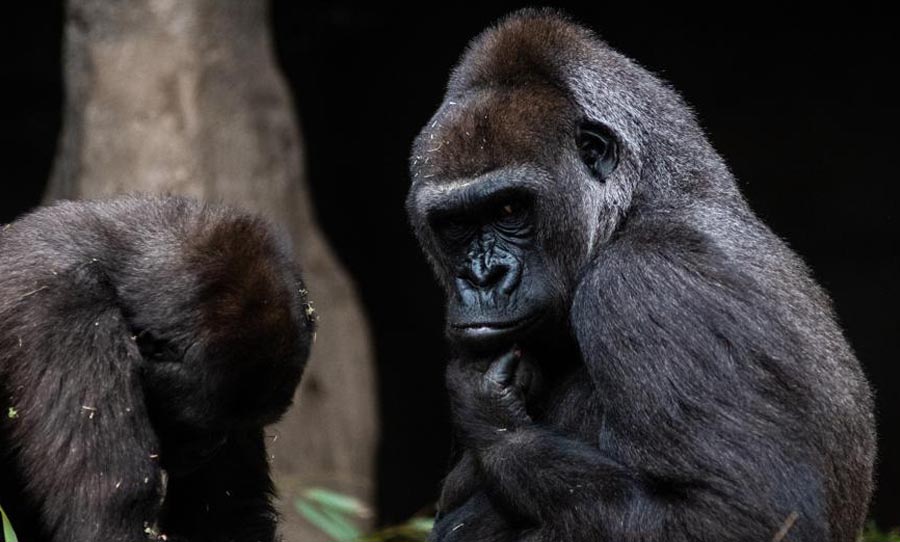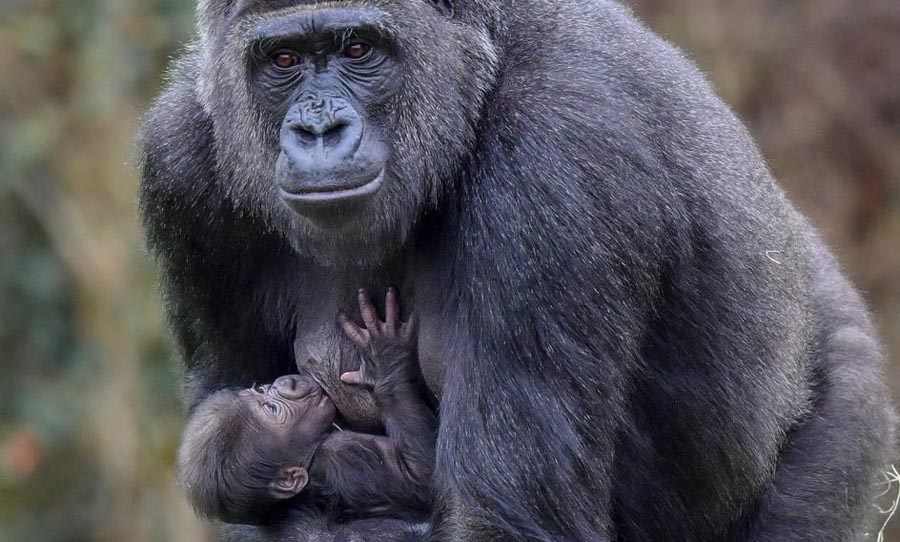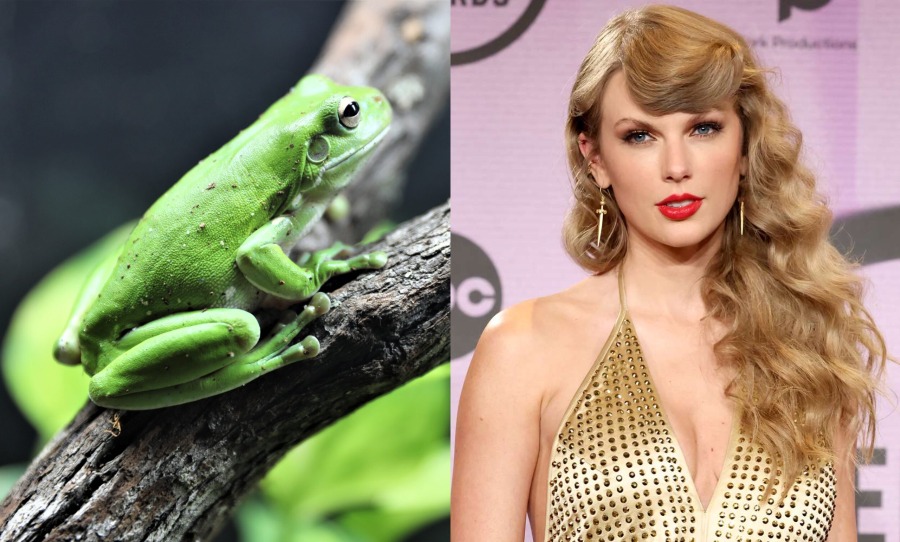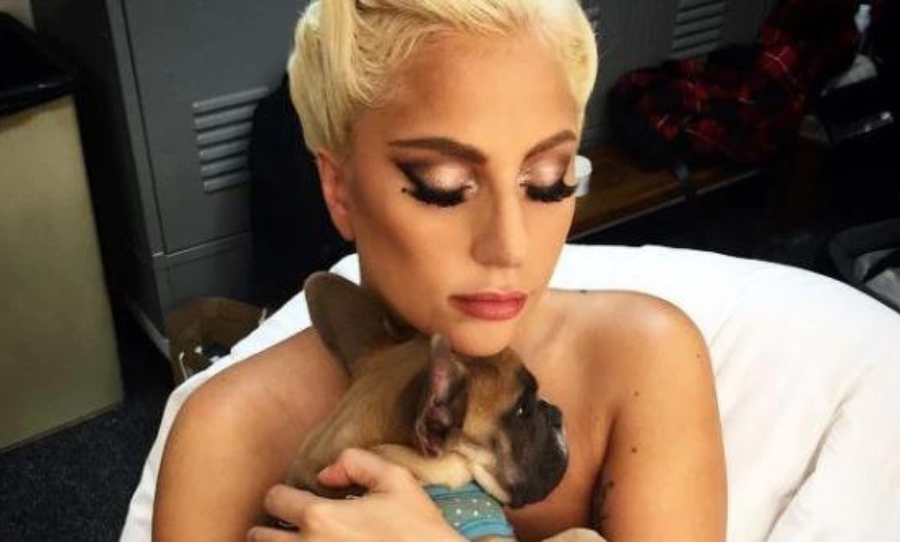In January, multiple gorillas at the San Diego Zoo tested positive for COVID-19. The positive result did not come as a surprise to animal experts. Apes at the zoo, however, have become the first non-humans to receive the COVID-19 vaccine.
National Geographic has reported that the first great apes from San Diego Zoo have received a COVID-19 vaccine made for animals. Four orangutan and five bonobos were the first of the great apes to receive two doses of each of the experimental vaccine made for the animals.
Chief conservation and wildlife health officer at the San Diego Zoo Wildlife Alliance, Nadine Lamberski explained that the vaccine was developed by a veterinary pharmaceutical company. “In my career, I haven’t had access to an experimental vaccine this early in the process and haven’t had such an overwhelming desire to want to use one.”

The pharmaceutical company developed the veterinary vaccine in late 2020, following concerns that domestic animals could contract the virus.
“We are proud to be able to assist the San Diego Zoo Global veterinary staff and the animals in their care with their recent COVID-19 concerns,” stated Dr Mahesh Kumar, Senior Vice President of Global Biologics at Zoetis.
The gorillas that were infected in January of this year were unknowingly exposed to the virus from an asymptomatic zookeeper who was wearing protective gear.
The gorillas promptly recovered from the virus, but the outbreak was a wake-up call to the San Diego Zoo to ensure that the endangered animals were protected. Staff at the zoo administrated the vaccines to the great apes by distracting the friendly giants with treats. According to the zoo, the apes have responded well to the vaccine.
https://twitter.com/Joromajima/status/1367854720707162112
The vaccine, which was developed for veterinary purposes, was originally intended to be given to cats and dogs, after discoveries that pets could catch the virus from their owners. However, officer Lamberski decided that it was worth the risk to test the apes, considering their protection as an endangered species.
“It’s not like we randomly grab a vaccine and give it to a novel species. A lot of thought and research goes into it—what’s the risk of doing it and what’s the risk of not doing it. Our motto is, above all, to do no harm.”
Nida Al-Fulaij, Grants Manager from People’s Trust for Endangered Species (PTES) explains the threat of COVID-19 on endangered animals.
She states, “COVID-19 has had an unprecedented impact on every aspect of life, and while the toll on human health, global economies, and education is catastrophic, we mustn’t forget about the world’s most vulnerable species too. Species such as Asian elephants and giant anteaters, already in trouble before COVID-19, now hang in the balance if we don’t act quickly.”
Since the beginning of the pandemic, authorities have warned that COVID-19 is a huge threat to endangered species. Chimpanzees, gorillas, and other great apes could potentially wipe be wiped out, with only reportedly fewer than 5,000 gorillas in the wild, according to National Geographic.



